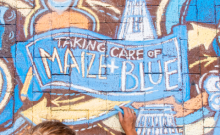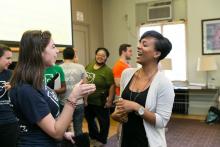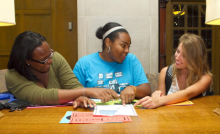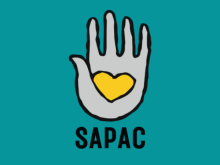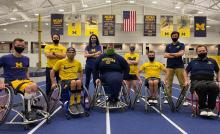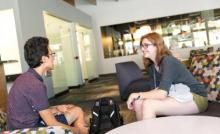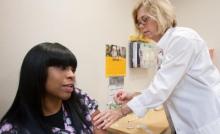Student Life’s Counseling and Psychological Services (CAPS) provides confidential mental health services for currently enrolled U-M students in an atmosphere that is welcoming, comfortable, accessible, and multiculturally sensitive. Support options range from in-person to virtual and include 24/7 crisis support via CAPS After Hours.
Student Life thrives on helping students make the most of their Michigan experience, and we take a holistic approach to caring for all aspects of student well-being. This culture of care is the foundation of a positive student experience, with Student Life providing and connecting students to well-being resources including community-building opportunities, counseling, medical care, sexual assault prevention, and recreation; tools for conflict resolution including legal conflicts, personal conflicts, and institutional issues; and individual and academic support at places like the Dean of Students Office and Services for Students with Disabilities.
On This Topic
Dean of Students Office
The Dean of Students Office (DOS) is a central place for students, parents, faculty, and staff to seek assistance in navigating the complex issues of campus life. The critical incident response and student support case management team provide direct support to students experiencing any concern that is impacting their Michigan experience, including academic, financial, or physical/mental health concerns as well as crisis/emergency situations, basic needs, and off-campus housing issues.
International Center
Spectrum Center
Trotter Multicultural Center
University Health Service (UHS)
Student Life’s University Health Service (UHS) serves as an on-campus, comprehensive student health care resource, where most services for currently enrolled students are covered by fees already included with tuition. Students can send prescriptions for easy pickup on campus to the UHS pharmacy and see physicians, specialists, and clinicians right on campus, between classes. Additionally, Wolverine Wellness, an integral part of UHS, provides well-being resources and coaching on topics such as tobacco, alcohol, marijuana, sexual health, eating disorders, and HIV.

